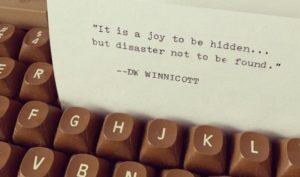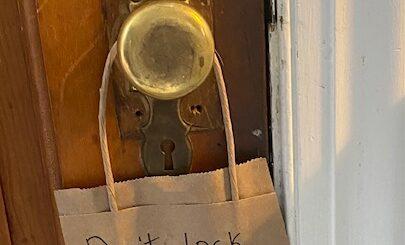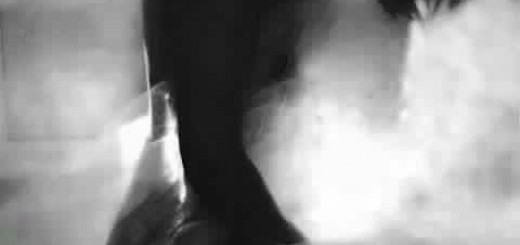Upside Down Inside Out

“It is becoming increasingly difficult for the individual to remember that he is himself a unique human being, and that unless he keeps the sharp edges of his personality and the hard core of his integrity intact he will have lost not only all that makes him valuable to himself but all that makes him of value to anyone or anything else.”
Those interesting words were written in the late 1960’s by Eleanor Roosevelt. I can testify to her words, because I was born in 1968 and spent much of my life trying to hide the unique things about myself. I consider the “sharp edges of personality” those traits which fall under our strengths. An awareness of the low side of our uniqueness would be where integrity is found. Low side, I made it up, but it’s not just natural weaknesses, but sometimes simply differences in relating to the world around us.
It’s like we had a cultural sorting hat, always pointing out how we didn’t quite conform properly even from the high side. No way were we going to reveal the low side under those conditions! The sorting hat did not only whisper to us to cover our weaknesses, it also required us to hide strengths that may not have been the pick of the decade. Many of us ended up with deeply ingrained defense mechanisms that in a bid to “fit in,” made it harder for us to truly connect with others. So much uniqueness, the high and low sides, hidden from the world and ourselves as well. The current literature blames a lot of our illnesses, addictions and anxieties on this life of hiding. Oddly enough, common weaknesses are one of the major ways in which we can relate to other humans in a non-defensive manner.
The early techies are a good example of those who did not hide their strengths before the computer was a mainstream commodity. They showed their strengths, even though the culture wasn’t deeply interested. It’s fascinating really, the ones who followed their own way, instead of trying to fit in, became the world changers of their day.
That stupid hat also convinced some of us that having a low side negated the high side. Who knows, maybe each generation has a set of struggles in discerning the difference between fitting in and truly belonging.
Author and Jungian psychiatrist Dr. Bud Harris puts it in a whole different way: “We are most authentically human when we are able honestly to see and honestly to love all that is faulted, lame, or damaged in ourselves.” I keep reading this one and usually find it impossible to love that low side unless I reveal it and at least one other person loves it with me. I have a friend at work and when everyone else rolls their eyes at my complete inability to recall what day it is, she says, “That’s our Jill.” Seriously, who made me the keeper of time? They don’t have me make the schedule for good reason. They let me do the things that flow from my high side, and wow does it ease the lifelong pain of listening to that hat wanting me to “keep time like a normal person.” Don’t get me wrong, I know we need the time-keepers! I need them. I’m just done with being ashamed for not being one of them.
I’ve noticed the clientele in the hospitality field as being open to viewing their service workers as unique people, yet still appreciated. We are trying to get things precisely right as we should be, but 80% of the clientele is extremely generous and even thankful when we admit an honest low side mistake. One said to me, “Thank you for telling me, sometimes it’s just the not knowing what’s happening that stresses me out.” What is interesting to note is that very few happenings at home or at work or in social situations are the consequences of our actions alone. There is a complex array of interconnected variables under most if not all circumstances we find ourselves in.
What else can we do but bring our uniqueness to them with complete awareness that no one gets everything right all the time anyway. We don’t need a sorting hat and we don’t need to sort each other out. We just need to know and appreciate our high and low sides as well as we can and offer that to the world.




Discussion